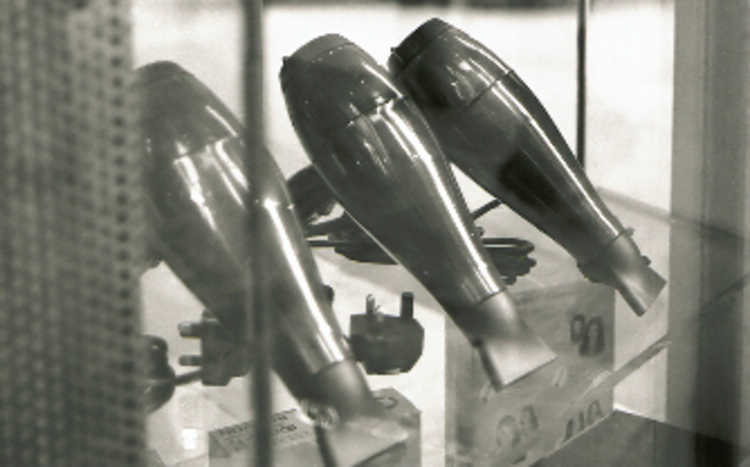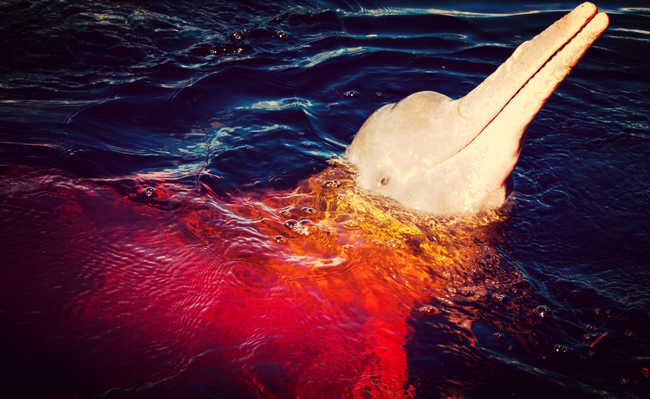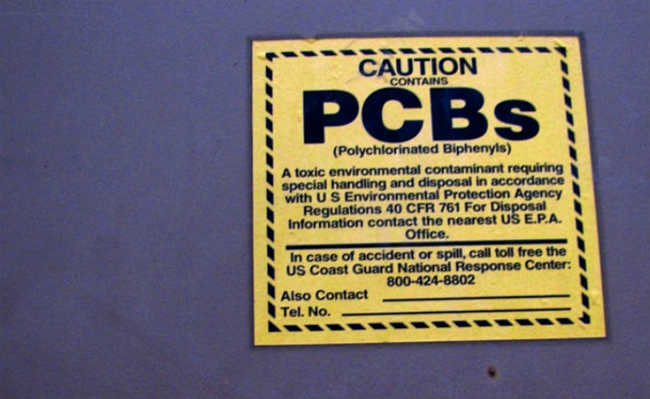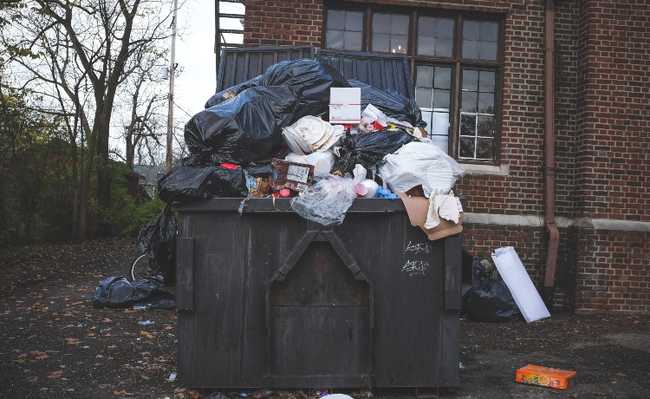Most plastics release hormone-like compounds, which can trick the body and bring health problems
Research reveals that even plastics classified as bisphenol BIA free (BPA free) can release harmful substances

Endocrinologists and researchers have been studying the possibility that certain chemical compounds interfere with the functioning of our bodies. Examples in this regard are the various existing types of bisphenols. Bisphenols are chemical compounds used in the manufacture of plastics, paints and resins very present in food packaging, plastic containers used in the kitchen, internal linings of aluminum cans, toothbrushes, in the composition of thermosensitive papers, such as extracts and bank vouchers and much more.
After the controversy caused by the disclosure of damage to health caused by bisphenol A and the stance of the Brazilian Society of Endocrinology and Metabolism (SBEM) against the use of this substance, its use by the industry was regulated and this type of bisphenol was banned in baby bottles and limited to certain quantities in other products, in accordance with Resolution RDC No. 41, of September 2011.
However, to replace it, the market has developed new types that can be just as harmful or more harmful that they are used without any regulation. To learn more about this subject, check out the article "BPS and BPF: alternatives to BPA are as or more dangerous".
Adverse effects
Studies show that bisphenols can simulate the behavior of hormones in the body, disrupting the endocrine system of people and animals, which characterizes them as endocrine disruptors.
Even in small amounts of exposure, bisphenols can cause immune system changes, testicular enlargement, diabetes, hyperactivity, infertility, obesity, precocious puberty, breast cancer, polycystic ovary syndrome, miscarriages, among other complications.
When plastic materials, receipts and other objects containing endocrine disruptors are lost to the environment (even when properly disposed of in landfills, these materials can travel through the wind), they end up contaminating animals, which can cause sterilization, behavioral problems, population decline, among other significant damages. When they degrade and become microplastic, materials containing bisphenol increase their damage. To learn more about this subject, check out the article "There are microplastics in salt, food, air and water".

Experts estimate that a person ingests, on average, up to 10 mg of bisphenol A per day, which is released from disposable cups, toothbrushes and other plastic products. This amount is contrary to that recommended by the National Health Surveillance Agency (Anvisa), which considers a dose of 0.6 mg per kilogram of food of this substance not harmful to health. However, some experts say that this component can remain in the human body for a long period, which can cause a cumulative effect.
How endocrine disruptors work
Biphenols are considered unstable molecules and easily migrate from products to food only with changes in temperature or damage to the packaging. When the product containing bisphenol is exposed to the sun, ultraviolet and infrared rays or comes in contact with alcohol, the "hormone" is released. Thus, when a plastic container is placed in the microwave or contains a hot food, there is an intense transfer of bisphenols with chemical leaching (removal of a substance present in solid components through its dissolution in a liquid) 55 times faster than that when it is a cold food it is stored in it. The same happens when this container is washed with cleaning agents or aggressive detergents, or even frequently placed in the washing machine.
Tips to reduce exposure to bisphenols
Don't heat it in the microwave
Avoid using plastic as a container for heating drinks and food, as bisphenol A is released in greater amounts when the plastic is heated.
avoid the freezer
Food and beverages stored in plastic in the freezer are not good; compound release is also more intense when the plastic is cooled.
Avoid plates, cups and other plastic utensils.
Choose glass, porcelain and stainless steel when storing drinks and food.
broken utensils
Avoid using plastic utensils that are chipped, scratched or dented. Try not to wash them with strong detergents or put them in the dishwasher.
Health
Avoid industrialized and highly processed foods, prioritize foods in nature. In addition to being fresher and healthier by themselves, fresh foods spend less time in contact with plastic. To learn more about this topic, check out our article "What are fresh, processed and ultra-processed foods". If possible, consume organic. You can find them on the Organic Fair Map.
Dispose correctly
When we think about correct plastic disposal, recycling is what comes to mind, right? The problem is that, in the case of plastics containing bisphenols, even though they are recyclable, this destination is not the most ideal.
Firstly because if the material containing bisphenol is destined for recycling, depending on the type of material it becomes, it can have a greater impact on human health. One example is toilet papers recycled from bisphenol-containing papers. Recycled toilet paper containing bisphenol becomes a more serious form of exposure, as it comes into direct contact with more sensitive mucous membranes and ends up directly in the bloodstream.
Furthermore, encouraging the recycling of products containing bisphenol is encouraging the permanence of this type of substance in people's daily lives and in the environment.
On the other hand, if discarded incorrectly, materials containing bisphenols, in addition to causing visual pollution, begin to release bisphenol into the environment, contaminating groundwater, soil and the atmosphere. And this can cause them to end up in food, water resources and harm people and animals in the most serious ways possible.
Thus, the best option, obviously, is the most radical possible reduction of this type of product, and when it is not possible to zero consumption, the best way to discard is as follows:
Join receipts and newspapers (or other material) that contain bisphenols, pack them tightly in non-biodegradable plastic bags (so they don't leak) and send them to safe landfills, as there they will not run the risk of leaking into groundwater or soils.
The problem is that they will become one more volume in landfills. So, combined with this attitude, it is necessary to pressure regulatory bodies and companies to stop using substances as harmful as bisphenols in their substitutes, mainly, or at least, in food packaging and other containers that are more significant sources of exposure.










